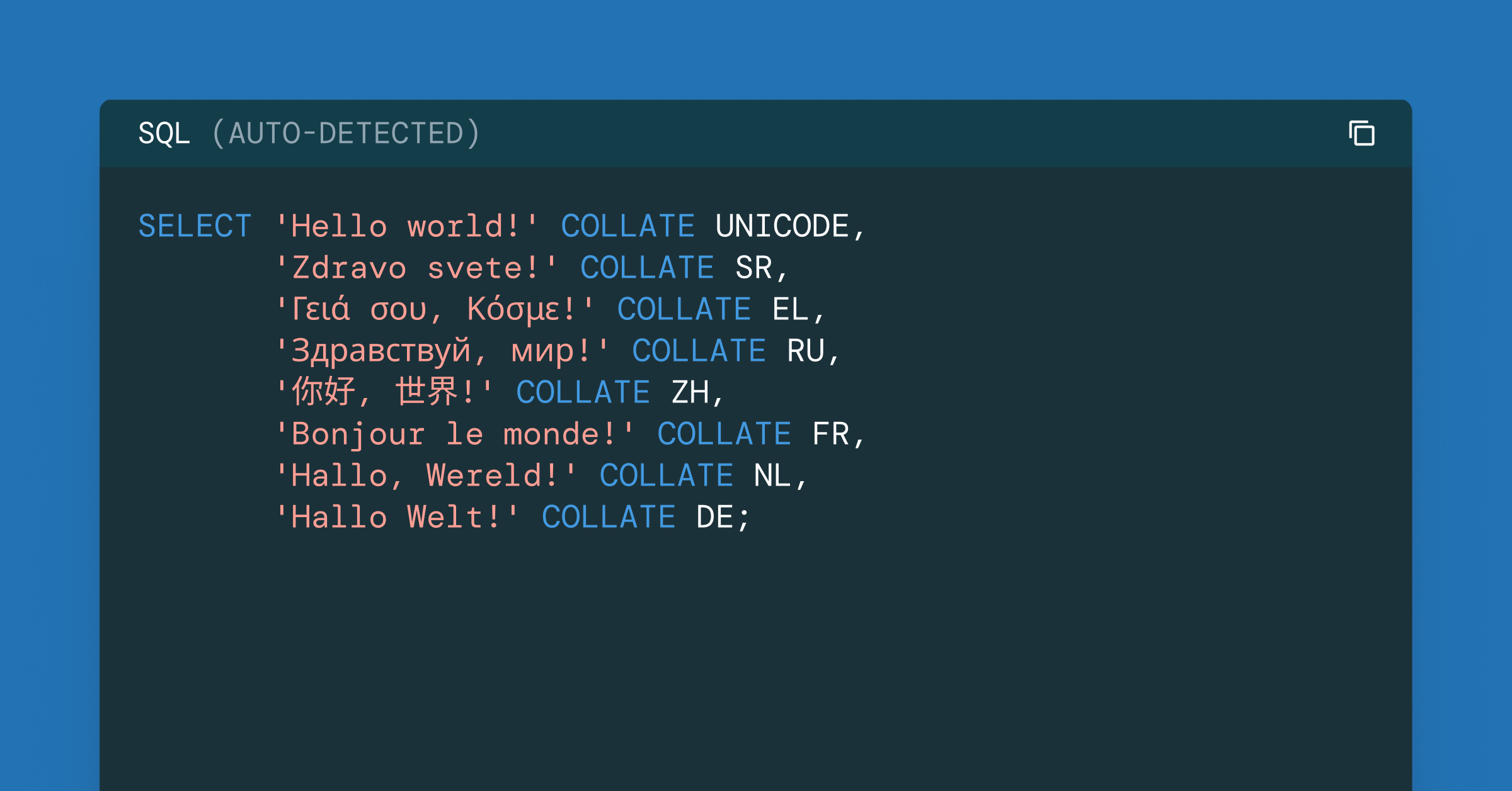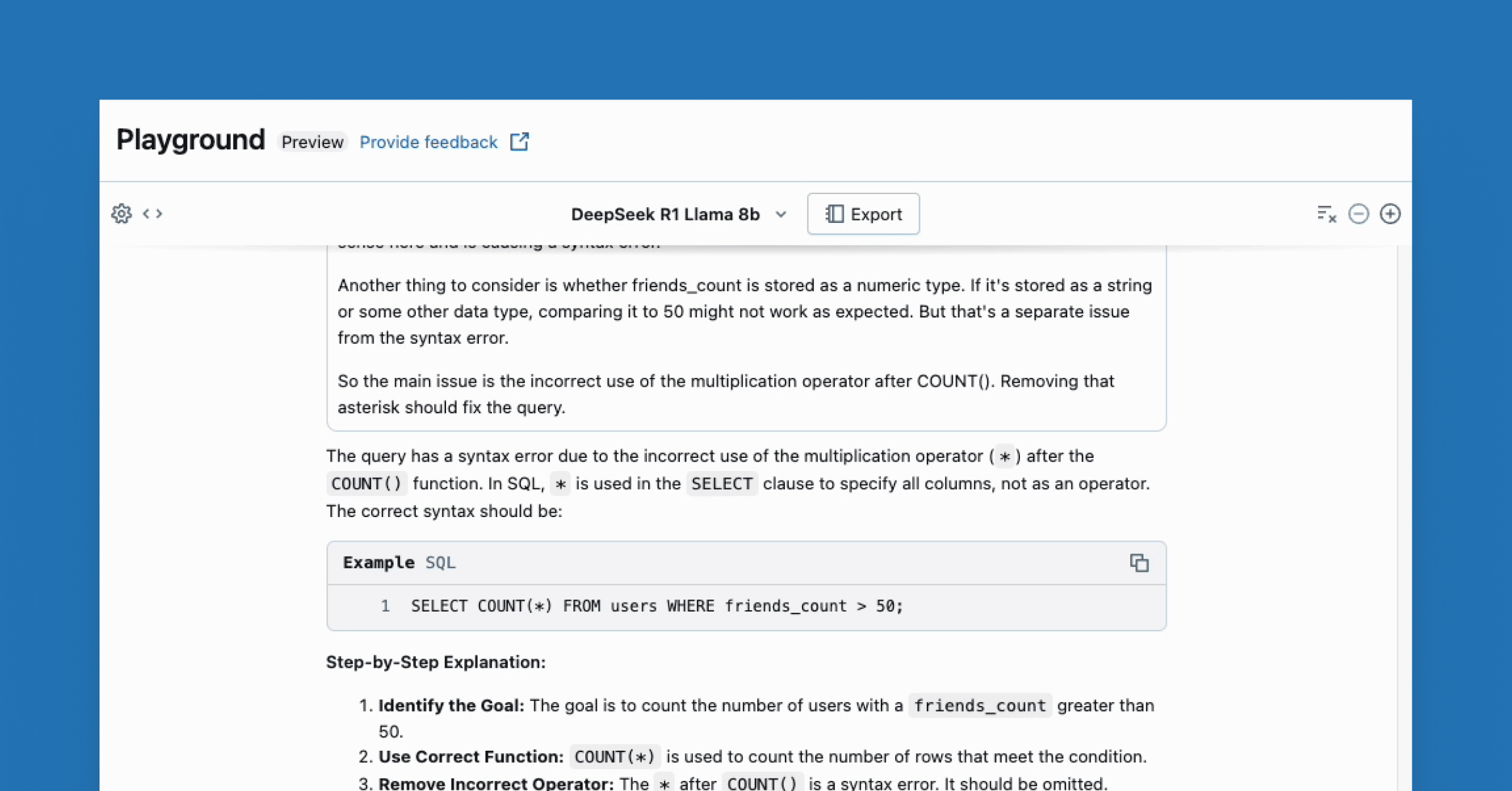Azure AI FoundryでのAzure Databricksネイティブコネクタの発表!
AI FoundryアプリでのDatabricks AI/BI Genieを用いたエージェント駆動型自然言語解析

Summary
- ネイティブインテグレーション:Azure AI FoundryエージェントをDatabricks AI/BI Genieに直接接続し、リアルタイムでドメインに精通した洞察を提供します。
- 自然言語アクセス:AI/BI Genieを使ってビジネスユーザーが会話形式で企業データを探索できるようにします。
- 安全で管理されています:Unity Catalogとの統一されたガバナンスを通じて、データプライバシーと権限が適用されることを確認します。
企業がビジネスのためのAIエージェントを探求し続ける中で、主な課題は、高品質で本番用途に適したエージェントを提供することです。解決策は実際にはデータインテリジェンスにあります - これらのエージェントが企業データに接続され、ドメインのコンテキストを持つと、AIエージェントの品質は劇的に向上します。今日、Microsoft Buildで、Azure AI Foundryを使用してエージェントを構築する開発者は、Azure Databricksとのネイティブインテグレーションを通じて簡単にデータインテリジ�ェンスを取り入れることができることを発表しました。これで、AI Foundryで構築されたAIエージェントは、Databricks AI/BI Genieから直接コンテキストデータの洞察を表面化させ、より高品質なエージェントを提供できます。
Azure Databricks AI/BI Genie
Azure Databricksデータインテリジェンスプラットフォームは、エージェントを構築しデプロイするための多くの機能を提供します。Databricks AI/BI Genieを使用すると、企業は組織全体のユーザーが自然言語でデータに質問することを可能にすることができます。ダッシュボードを待つ必要も、深いダイブの質問に取り組む人を待つ必要もありません。AI/BI Genieのエージェントは、あなたのデータとドメインの全文脈を持っているため、あなたのビジネスに特化したより正確な回答を提供します。同時に、Unity Catalogによる統一されたガバナンスは、これらのエージェントと対話する人々に自動的にデータプライバシーと許可のルールが適用されます。

ガートナー®: Databricks、クラウドデータベースのリーダー
AI FoundryでのAI/BI Genie用ネイティブコネクタの紹介
AI Foundryを使用すると、開発者は簡単にDatabricks AI/BI Genieに接続し、これらの洞察をAI Foundryエージェントを通じて直接引き出すことができます。彼らは、自分のEntra IDを仲介して、安全に自分のAzure Databricksワークスペースに接続し、Genieエージェントを呼び出すことができます。Foundryエージェント内のすべてのインタラクションはAzure Databricks内で完全に監査可能です。

この統合により、Azure Databricksからのデータインテリジェンスの洞察が、エージェントが動作する場所、Microsoft Teamsやビジネスユーザーが使用する他のアプリケーションを含むどこでも表面化することができます。

アクションを呼びかける
深いダイブブログで詳しく探求してくださいここそして、この機能にアクセスするために今日登録してください。このリリースで構築するデータインテリジェントエージェントについて私たちは興奮しています。
開始する無料14日間の試用版のAzure Databricks。


